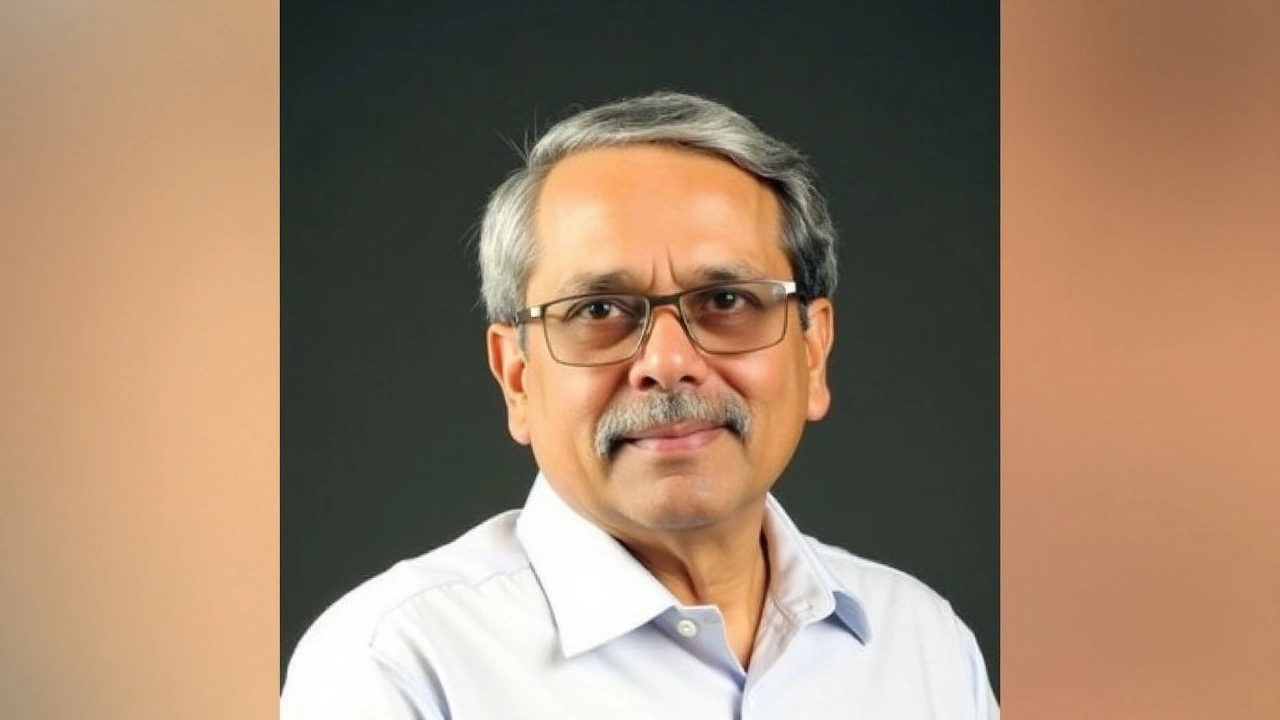SC/ST Atrocities Act – Simple Guide and Latest Updates
If you hear someone mention the SC/ST Atrocities Act, you might wonder what it actually does and why it matters. In plain terms, it’s a law that makes caste‑based hate crimes a punishable offense in India. It was created to protect Scheduled Castes (SC) and Scheduled Tribes (ST) from discrimination, violence, and other forms of abuse that have been a part of society for centuries.
When the Act was first passed in 1989, it gave courts the power to quickly punish offenders and offer relief to victims. Over the years, the government has added amendments to close loopholes and strengthen enforcement. That means today the law covers everything from physical assault to social boycotts, from forced labor to damage to property.
Key Provisions of the Act
Here are the main points you should know:
- Punishments: Offenders can face up to three years in jail for many offenses, and longer (up to ten years) for the most serious crimes like murder or sexual assault.
- Special Courts: Dedicated courts handle these cases to speed up the process. They don’t have to wait for a regular docket that can take years.
- Victim Relief: Victims can ask for compensation, free legal aid, and rehabilitation support such as counseling or job training.
- Police Duty: Police must register a First Information Report (FIR) within 24 hours of any complaint and start an investigation immediately.
- Appeals: If a case is dismissed, victims can appeal to higher courts without needing new evidence.
These provisions are designed to make the system less intimidating for those who fear retaliation. The law even protects anyone who reports a crime, so whistle‑blowers are covered too.
How to File a Complaint
Filing a complaint might feel overwhelming, but it’s pretty straightforward if you follow these steps:
- Go to the nearest police station: Ask for the officer in charge of SC/ST cases. If they’re not there, ask for the senior officer.
- Write an FIR: State the facts clearly—what happened, when, where, and who was involved. You don’t need legal jargon, just honest details.
- Get a copy: The police must give you a copy of the FIR. Keep it safe; you’ll need it for any future court work.
- Seek legal aid: If you can’t afford a lawyer, the state provides free legal counsel for SC/ST victims.
- Follow up: Call the police regularly to check on the investigation. If you feel the case is being delayed, you can write to the District Magistrate or the State Commission for SC/ST Welfare.
Many NGOs also help victims navigate this process, so don’t hesitate to reach out for support.
Recent amendments in 2022 added stricter punishments for repeat offenders and made it mandatory for schools and workplaces to display information about the Act. This move aims to raise awareness and deter potential crimes before they happen.
One practical tip: keep any evidence—photos, messages, or medical reports—safe and organized. Having solid proof speeds up the investigation and improves the chances of a conviction.
Finally, remember that the law is only as strong as the people who use it. If you or someone you know is a victim, speaking up can protect not just you but the whole community. The SC/ST Atrocities Act is there to give you a legal shield; it’s up to you to activate it.
Stay informed, stay safe, and don’t let fear stop you from seeking justice.
Infosys Co-Founder Kris Gopalakrishnan Amongst High-Profile Figures Accused Under SC/ST Atrocities Act
Kris Gopalakrishnan, Infosys co-founder, faces accusations under the SC/ST Atrocities Act, alongside former IISc Director Balaram P and 16 others. The complaint, filed by Durgappa, a member of the tribal Bovi community, alleges caste abuse and false allegations. The case, highlighting serious issues of caste discrimination, demands a comprehensive investigation. Legal proceedings are underway in Bengaluru.
